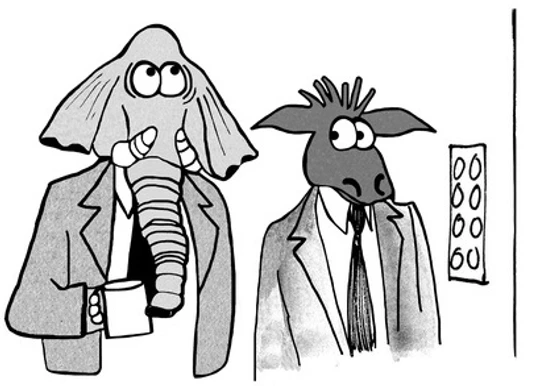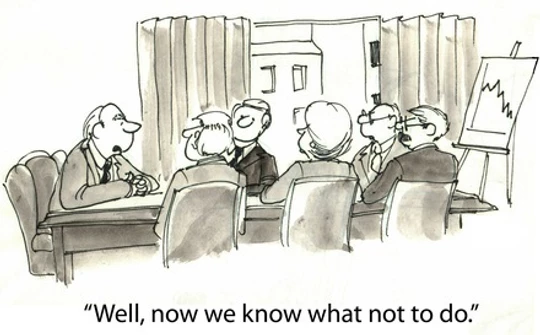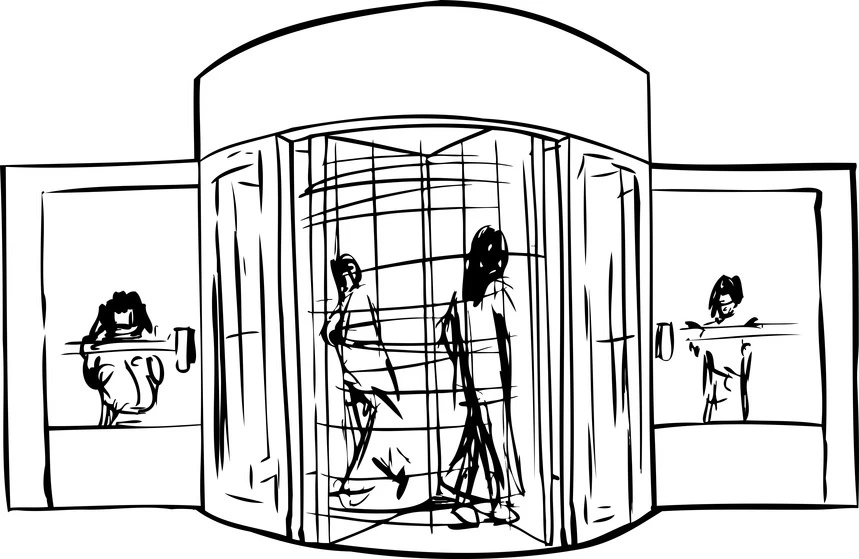I don’t get to do this often, but let’s start with:
Disclaimer: The writer is a… writer. An evident amount of self-interest is involved in what follows.
Judging by the “your former colleague is in a new job” notifications LinkedIn has been sending me, I’m going to guess that a few of the agencies I have worked with in the long-distant past of about three years ago have been shedding or down-grading some experienced staff lately, and it got me thinking about where social media is as a career these days.
Back in the even-more-long-distant past of the ‘80s, big advertising agencies were the thing. As a freelancer looking to sup at their gravy boat, I used to visit their gilded offices, and I’d be briefed by directors in their fifties and account execs in their thirties. One place I used to work for in Golden Square in London had an elevator solely for the purpose of transporting beer between floors. The work was… frenetic.
Now, if I visit the converted industrial space of a social media agency, the bosses are in their thirties, the people doing the work are in their teens and I ride in the elevator with people. Crazy times we live in, right?

I don’t look back on Golden Square as indicative of a Golden Age, but this really is a different era. Somewhere along the line, as we transitioned from old-school advertising to engagement, experience became superfluous, experience became disrupted.
Anecdotally, at least, the churn of staff is greater than ever. And yet brands are hungry for consistency, for voice. As it gets harder for social media agencies to hang onto people (and perhaps to even find good people in the first place), how do they build up that level of expertise and experience brands desire?
At least part of the answer has to be to stop under-valuing what good social engagement can do. Part of the problem has been that when brands first started migrating to Facebook and Twitter, it was seen as a cheap, inexhaustible way to connect to customers. Websites needed upkeep, maintenance, constant refreshment. But any damn fool could knock out a Tweet, and many of them did.
One of the largest media companies in the UK, a former client of mine, had a vast sprawling empire of a website. We handled engagement moderation for them. Then they discovered Facebook and two things happened: their levels of consumer engagement went through the roof, and social was increasingly seen as the way to handle consumer-facing operations of all kinds.
Along the way, the people employed there to handle social media became progressively more over-worked and yet progressively less empowered. Posting on Facebook was seen as almost ‘free’, unlike, say, crafting a TV spot. So, perversely, companies and brands jumped into this new world, paid enormous lip-service to social engagement, but resourced it with a fraction of the attention they used to lavish on the agencies with beer in the lift.

Good people moved on. Smaller, more agile agencies came along, tried new platforms, new approaches. Risks were taken. Every now and then a story would appear about how a brand had grossly mis-managed social, and everyone would shake their heads, be glad it wasn’t then, and then tell their intern to prepare a content calendar.
Good people, good agencies, are hard to find. Crafting a brand identity, engaging consumers who are drowning in input in a way that keeps them connected to the brand, making social work is hard. But it starts with employing, rewarding, empowering and advancing talented people. Doing social on the cheap might seem like a no-brainer, but what is actually be achieved? Sooner or later, that intern is going to write something ‘edgy’, and the wheels are going to come off. And in the meantime, the opportunity to really make consumer engagement a reality is being squandered.
There’s no such thing as a free lunch, which is why you have to pick your partners carefully. Frankly, if they don’t at least have a case of something more interesting that mineral water moving up and down between floors, I for one will give them a miss.



 February 26, 2018
February 26, 2018  Share This Post
Share This Post